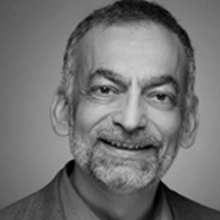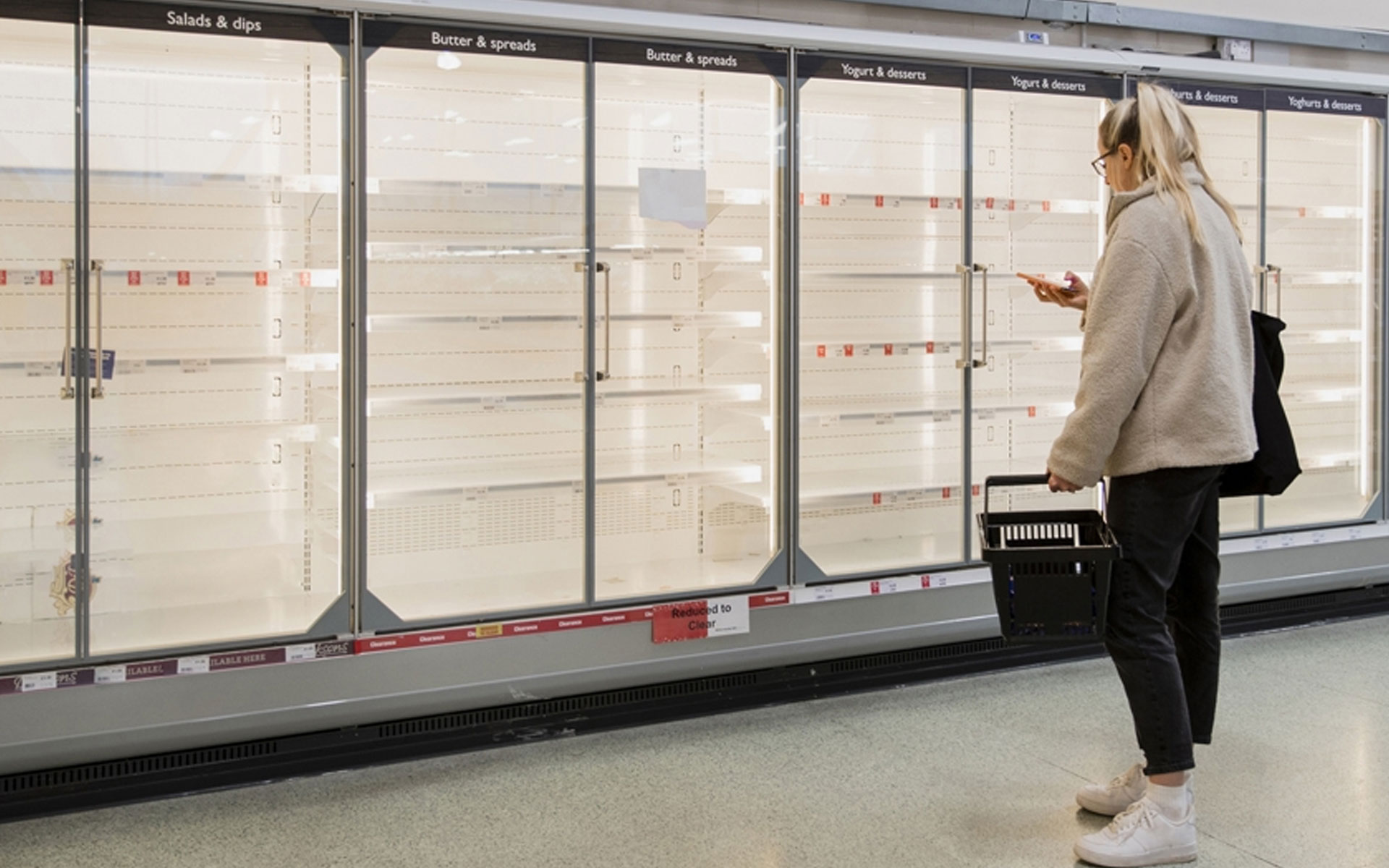Walk into any hospital and you’ll witness a complex, multi-level system of personnel in action, interacting with each other, with patients, and with high-tech equipment around the clock. Given this complexity, healthcare systems naturally face management challenges—the COVID-19 pandemic amplified those challenges and introduced new ones, including rampant staff shortages due to illness and burnout.
How can management insights gleaned from the pandemic help healthcare move forward into more sustainable systems that prioritize the well-being of both practitioners and patients?
Rooted in the latest research at McGill’s Desautels Faculty of Management, Delve has shed light on how new research can contribute to decision making in the wider world of leadership and management. During the past two years, Delve’s The “New Normal” podcast series, several Delve feature articles, and Delve’s print magazine concentrated on how the pandemic has shed new light on global issues, such as healthcare, climate change, supply chains, and the world of work.
How does new management research lead to improved healthcare systems? Both researchers and healthcare practitioners at Desautels, including in the International Masters for Health Leadership program, provide insights on how to make systemic changes in healthcare, through strategic organizational change, shifts in policy in institutions and governments, and a more complex understanding of human behaviour in healthcare workplaces.
Two recent episodes of The “New Normal” podcast series, hosted and produced by journalist Dave Kaufman, and a recent Delve feature article about hospital surgical teams (and the robots they work with) address healthcare system management from practitioners’ first-hand experiences. Delve asks:
- How a healthcare institution leader and her teams weathered the storm of the COVID-19 pandemic and were able to make longer-term changes that benefit practitioners and patients.
- Why a chief surgeon is calling for better management of healthcare systems to support doctors and other healthcare practitioners in the face of mental distress and burnout.
- How changes to technology in the operating room—such as the introduction of a surgical robot—affect everything about how surgeons and their teams function.
New Normal: How Flexible Healthcare Leadership Eases Crisis with Dr. Lynn Mikula
Healthcare organizations big and small have a paradoxical relationship with change at the best of times. On hospital front lines, the COVID-19 pandemic escalated all the complexities and uncertainties of health care, leaving leadership to make quick decisions with longer-term repercussions. How have some organizations maintained their stability and the trust of staff and patients through this crisis, while others still struggle to adapt?
In episode 7 of the second season of The “New Normal” podcast series, Dr. Lynn Mikula, Executive Vice President, Chief of Staff, Chief Medical Executive, and Chief Medical Information Office of the Peterborough Regional Health Centre joins journalist Dave Kaufman to examine how management in her healthcare organization responded to COVID-19. She discusses the lessons learned and carried forward from the first wave of the pandemic, and the importance of embracing flexible social structures and psychological safety in the face of wide-scale change.
Based on Dr. Mikula’s experience in healthcare leadership and her International Masters for Health Leadership thesis “Social Structures, Complexity, and Organizational Learning: Lessons from the COVID-19 Pandemic,” the podcast lets Mikula share her story about her and her teams’ fear and anxieties while they worked to do their jobs as well and as safely as possible.
“It wasn’t only a logistics and a practical problem, it was an emotional problem as well that we had to manage,” she says. “We had to innovate a lot and we had to innovate very quickly.” They discovered that the best way to do that was with working groups: cross-disciplinary teams developed to meet a specific need, a specific question. “How do you keep that going now alongside the hierarchy? How do you make space for that in the hierarchy? It’s the main lesson that we’re still trying to implement in the hospital.”
New Normal: How Healthcare Systems Impact Practitioner Distress, with Dr. Martin A. Koyle
How can healthcare systems support doctors and other healthcare workers to give their best to patients, colleagues, and the institutions they work within? This question loomed even larger during the height of the COVID-19 pandemic, when healthcare practitioners facing burnout said they simply couldn’t work anymore. The fallout continues today.
In episode 8 of the second season of Delve’s The “New Normal” podcast series, Dr. Martin A. Koyle, MD, joins journalist Dave Kaufman to examine how the Canadian healthcare system today is limiting the success of medical practitioners.
The former Chief of the Division of Urology at The Hospital for Sick Children and Professor Emeritus in the Department of Surgery and the Institute of Health Policy, Management and Evaluation at the University of Toronto, discusses how this complex system contributes to the extreme mental duress that medical practitioners face. Dr. Koyle also discusses what is being done to break the stigma around burnout, encourage healthcare leadership by physicians, and give those in the medical system the best opportunity to do no harm.
Based on Dr. Koyle’s 35 years of experience and his International Masters for Health Leadership thesis “A Virtual Educational Intervention for Medical Trainees Focused on Second Victim Syndrome and Moral Injury,” the podcast takes a deep dive into Dr. Koyle’s career in Canada and the U.S.
“My biggest plea would be that we as healthcare providers, we as leaders in our professions, really advocate for openness and for the reality that humans are fallible, and that we need to create better systems for the patient and to protect those who provide the care for those patients,” says Dr. Koyle.
What Robotic Surgery Reveals About Organizational Change
Place a surgical robot in an operating room and the entire configuration of the room changes, says Desautels Professor Samer Faraj, who examined over two years of hospital-based coordination on robotic surgery. Even small changes to complex systems can have considerable effects, and though this technology is specialized in design and purpose, in practice it illuminates more universal insights into the need to rethink healthcare coordination in the 21st century.
“The introduction of new technology in organizations is an occasion to rethink how we organize, how we work, and how we coordinate,” says Faraj. “The surgical robot exposed how heavily embodied our coordination is.”
With a robotic surgery station in the operating room and the surgeon ensconced within it, nurses, anesthesiologists, and technicians worked differently, changing their movements, workflow and even their professional roles in a reconfigured team. Effective coordination is typically based on people reading each other and understanding each other’s needs, understanding where their help is needed, what expertise is required, or what needs to be applied at what moment in time to realize the collective performance.
“For complex work and complex collaboration, you need a real back and forth where knowledge is freely exchanged between participants,” Faraj explains. “A good surgical team, for example, is proactive—they know what’s coming next. It’s like a collective magic.” Decision makers need to be aware of the potential that technology has for disruption, especially in a healthcare setting, and look beyond the promise of technology to how it performs and evolves in practice.
Delve’s The “New Normal” podcast series is a collaboration between journalist Dave Kaufman and Delve, the official thought leadership platform of McGill University’s Desautels Faculty of Management. The “New Normal” is produced by Delve and Dave Kaufman, with audio engineering by David Rawalia. Each episode looks in-depth at a different aspect of the new normal that we are all navigating due to the COVID-19 pandemic. Original music by Saku Mantere.
Dave Kaufman is a Montreal-based journalist and commentator. He has worked for CJAD 800 and TSN 690 Radio in Montreal, CTV News Channel, CTV Montreal, and TalkRadio and SkyNews in the United Kingdom. He has written for the National Post, Montreal Gazette, and Toronto Sun and other publications. Follow him on Twitter at @TheKaufmanShow.
You can subscribe to the Delve podcast on all major podcast platforms, including Apple podcasts and Spotify, and follow Delve on:
LinkedIn, Facebook, Twitter, Instagram, and YouTube.
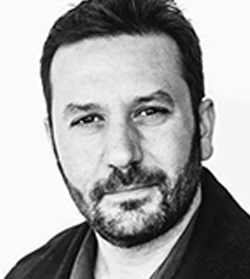
Dave Kaufman
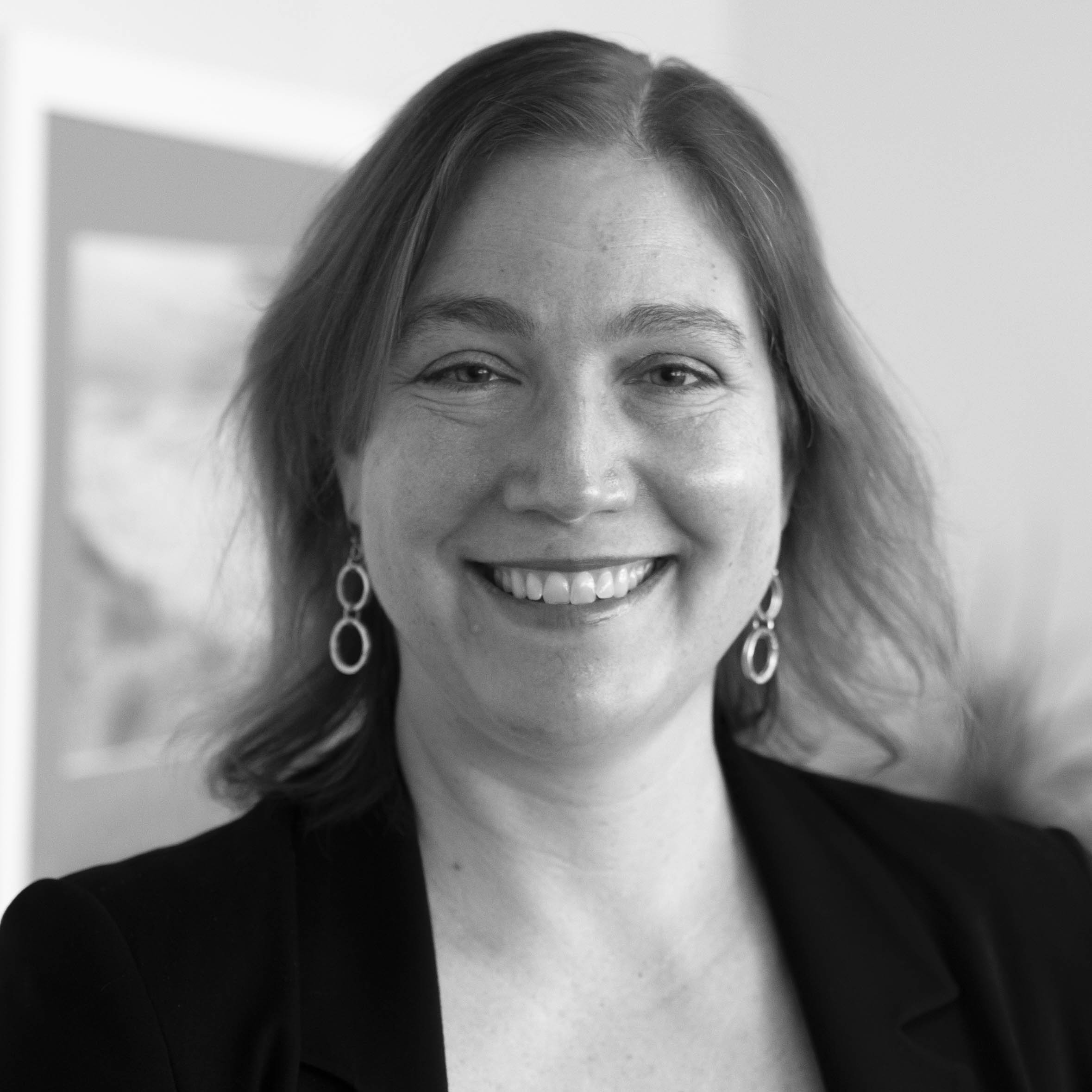
Dr. Lynn Mikula, MD, MSc
Peterborough Regional Health Centre
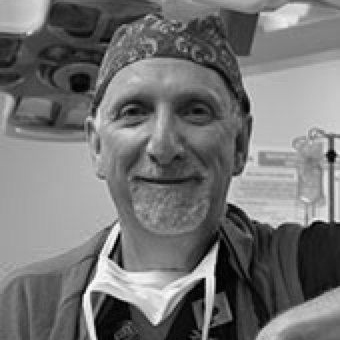
Dr. Martin A. Koyle, MD
Professor Emeritus, Department of Surgery and the Institute of Health Policy, Management and Evaluation (IHPME) at the University of Toronto
